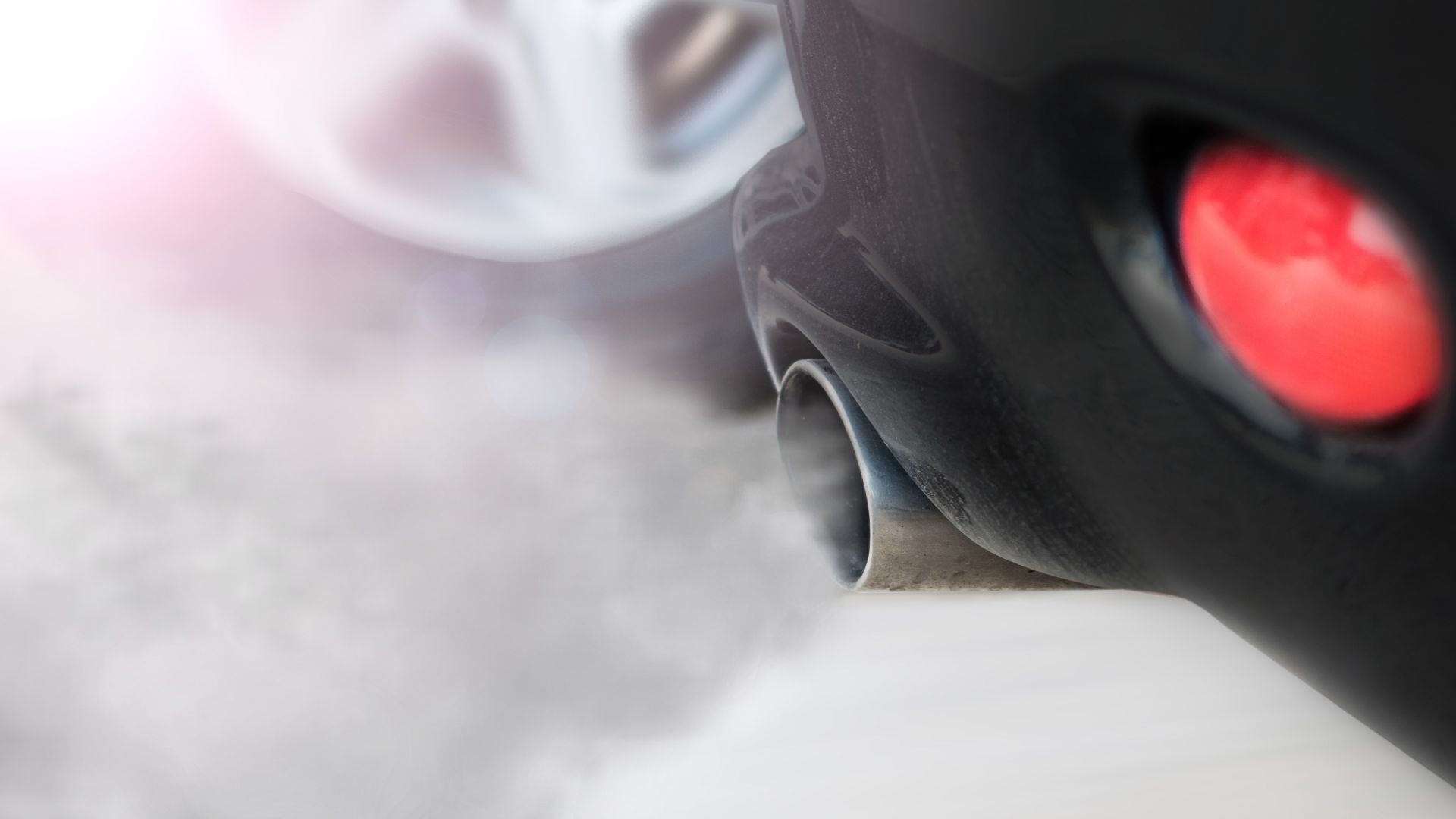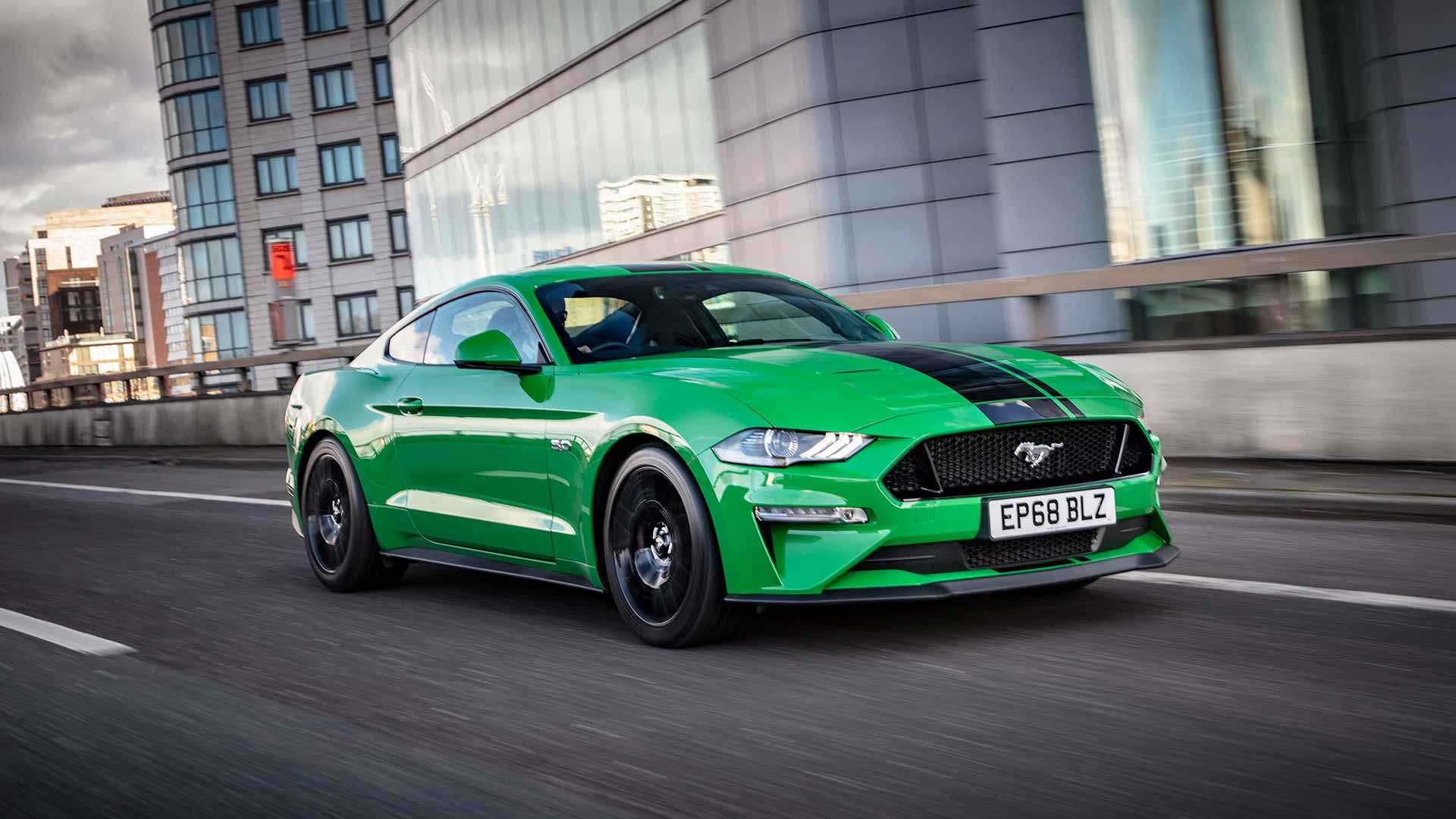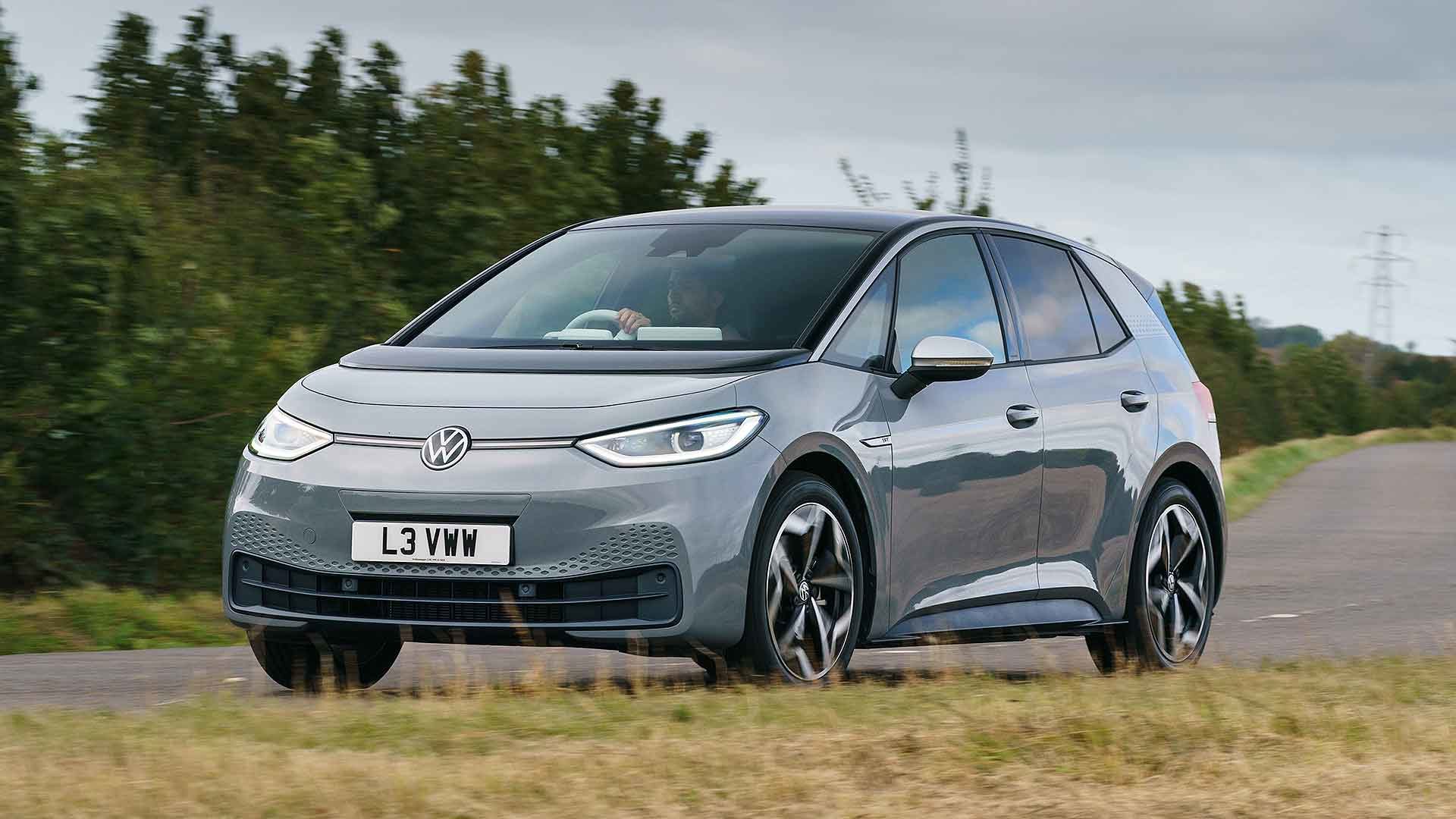
The most polluting vehicles should be hit with a 50 percent purchase tax to accelerate the transition to electric cars. That’s according to analysis by the UK Energy Research Centre (UKERC).
In its Review of Energy Policy 2020, it warns that the economic impact of the pandemic could last until 2025, with buyers delaying the purchase of a new car by four years. With less disposable income, many consumers will be reluctant to buy a new electric car until 300 miles of range is the norm and prices have come down.
The UKERC projections show an additional one million diesel cars operating on Britain’s roads in 2025. Without the impact of Covid-19, the total number of diesel cars would have fallen by 4.7 million between 2020 and 2030, it says.
The sale of new petrol and diesel cars will be banned in 2030. The UKERC argues that while this ‘phase out’ target date is helpful, it could be too blunt, leading to what the report calls “distortions and perverse behaviours” in the lead up to 2030.
Manufacturers could flood the market with diesel and petrol cars ahead of the ban, while consumers could purchase the most polluting vehicles in 2029, creating a ‘long tail’ effect for CO2 emissions.

It proposes the introduction of a 50 percent purchase tax in 2021. This would increase the cost of cars emitting more than 225g/km CO2. Under the proposals, the price of the Ford Mustang 5.0 V8 would go up (emissions for this model range from 268g/km to 287g/km), while the price of the Ford Mustang 2.3 EcoBoost would be unaffected.
From 2022, the 50 percent tax would apply to all cars emitting more than 190g/km CO2 and so on, until only zero emission cars avoid the tax in 2030.
In its report, the UKERC references Norway, where two decades of EV incentives and high taxes on petrol and diesel cars have created Europe’s strongest market for electric cars. The ‘50 percent rule’ means that electric car owners cannot be charged more than 50 percent of the price for fossil fuel cars on ferries, parking and toll roads. Electric cars are also exempt from purchase taxes and VAT.

Of the top 20 best-selling cars in Norway this year, 13 are fully electric, four are hybrid, two are plug-in hybrid and just one (Skoda Octavia) is conventional.
The top six cars are electric: Audi E-tron, Volkswagen e-Golf, Volkswagen ID.3, Hyundai Kona Electric, Nissan Leaf and Tesla Model 3. Volkswagen shifted 2,475 units of the ID.3 in October alone. That’s significantly more than the second most popular car in October: the MG ZS EV (586 units).
The UKERC’s Professor Rob Gross said: “You might think that people not buying cars is a good thing for the environment. But it’s not a good thing if they delay buying a relatively inefficient car, and that car is still being used for longer.
“Every gram of CO2 that enters the atmosphere stays there, potentially for hundreds of years.”
READ MORE:
Green number plates now legal for electric cars
North-south divide in electric car charging points revealed
2030 petrol and diesel car ban explained